A frequent test to assess heart function and identify different cardiovascular problems is an Echocardiogram Test. It creates pictures of the heart’s chambers, valves, and blood arteries using ultrasonic waves. The actual test is non-invasive, rapid, and painless. If you want the best Echocardiogram Test Pimlico, Australia, visit North Queensland Cardiac Clinic today.
At NQCC, we have expert cardiologists, Dr Dharmesh Anand and Dr Raibhan Yadav, and other professionals who can conduct an accurate and safe Echocardiogram Test Pimlico. Visit our clinic if you are looking for the Best Echocardiogram Centre Near Me. After getting this test done, you must follow some important instructions from your doctor.
Here, we will discuss these instructions. Let’s get started:-
- Avoid Strenuous Activity
- Don’t Take a Hot Shower or Bath
- Avoid Caffeine for 6-12 Hours
- Skip Large, Heavy Meals
- Hold Off on Alcohol
- Skipping Medications
Avoid Strenuous Activity:
Avoid hard exercise for the remainder of the day following your Echocardiogram Test Pimlico. That means no strength training, no rigorous cardio, and no heavy lifting. The ultrasound technician just spent 20-30 minutes obtaining images of your heart at rest. You don’t want to immediately make your heart start pumping harder, as this can distort the test results. Keep your physical activity light, like walking, stretching or easy yoga. Don’t exhaust yourself. Save the high-intensity workout for the next day.
Don’t Take a Hot Shower or Bath:
A hot shower or bath may be tempting after lying still for your echocardiogram test. But the heat can dilate your blood vessels, causing changes in your blood pressure and circulation. It can potentially impact your test results for hours after the exam. Opt for a warm or lukewarm shower instead of cranking up the temperature. The same applies to hot tubs – take a pass until the next day. Keep your post-test routine relaxed.
Always consult experts from the best and most reputed clinics to get the best-fit advice. Just like to ensure a broader reach and a smoother patient experience, North Queensland Cardiac Clinic trusts Vxplore Technologies, a top Digital Marketing Company, to help improve its digital presence and attract more patients looking for reliable heart care services.
Avoid Caffeine for 6-12 Hours:
Consider avoiding caffeine for six to twelve hours following the echocardiography. As a stimulant, caffeine can raise blood pressure and heart rate. These impacts may impact the accuracy of your test findings. Wait until the next morning to consume caffeinated beverages, such as energy drinks, tea, soda, or coffee. After your test, stick to decaf alternatives and water.
Skip Large, Heavy Meals:
Wolfing down a huge burger and fries right after your echocardiogram is not the best idea. Large, heavy meals require extra blood flow for digestion, which can alter your test results. Eat something small and light like a salad, soup or sandwich. After an Echocardiogram Test Pimlico, you must avoid foods that are fatty, fried or spicy. Save the big feast for the next day when your test results are out of the equation.
Hold Off on Alcohol:
Happy hour drinks after work? Not today if you just had an echocardiogram. Alcohol can dilute the blood and relax the heart muscle. Alcohol consumption should be avoided in the hours following your test. Give your heart a break and leave the wine or beer on the shelf for now. There will be plenty of opportunities to enjoy adult beverages after your results are in.
Skipping Medications:
You must continue taking any prescription drugs as instructed by your healthcare practitioner. Not taking your prescribed medications as prescribed can have an impact on both your general health and the accuracy of the test findings.
Closing Words
By avoiding these few key things in the hours after your echocardiogram, you’ll get the most accurate test results possible. Follow your doctor’s advice and hold off just temporarily on strenuous exercise, hot showers, caffeine, heavy meals, and alcohol. If you are searching for the Best Echocardiogram Centre Near Me, visit North Queensland Cardiac Clinic in Pimlico, Australia, today.


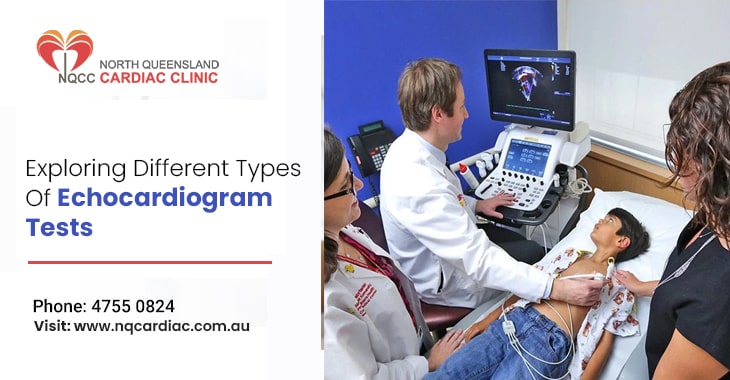
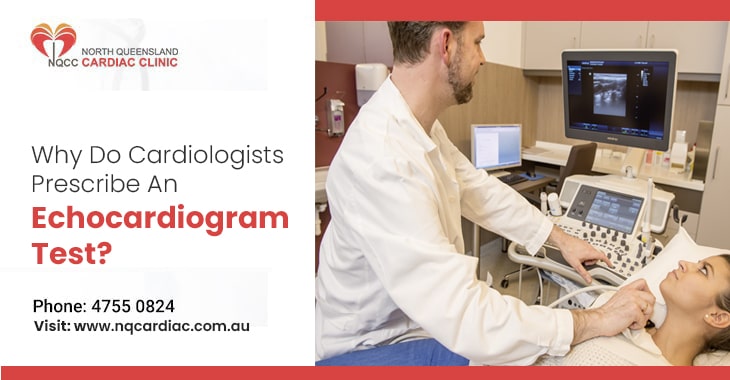
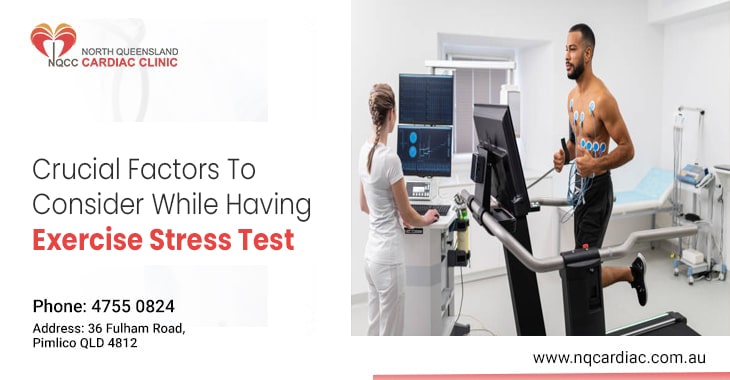
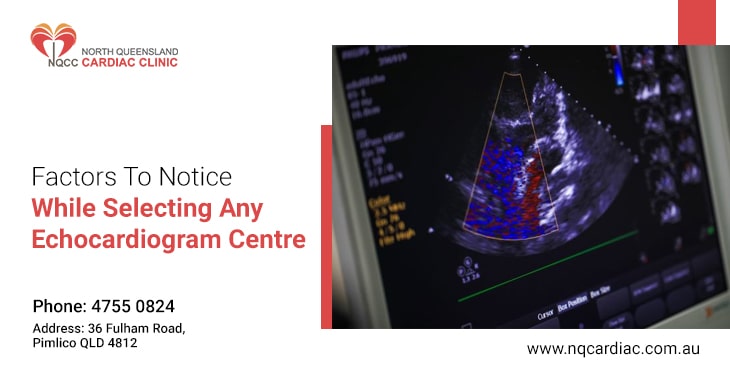
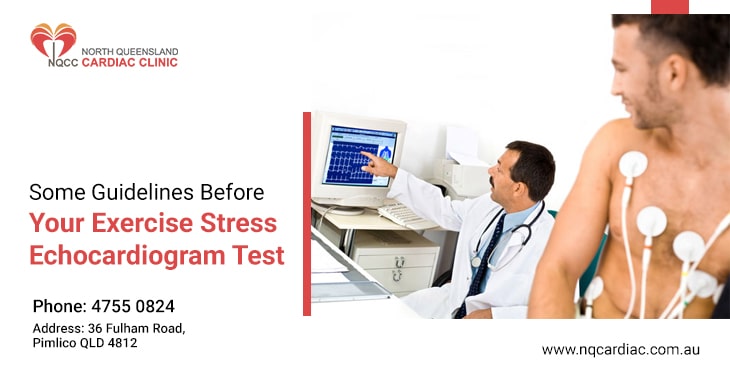
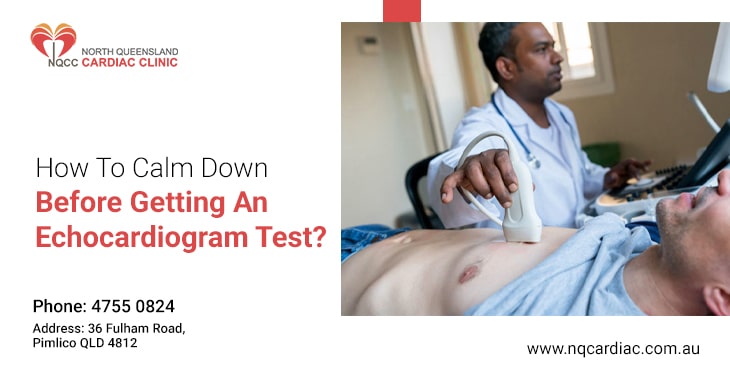
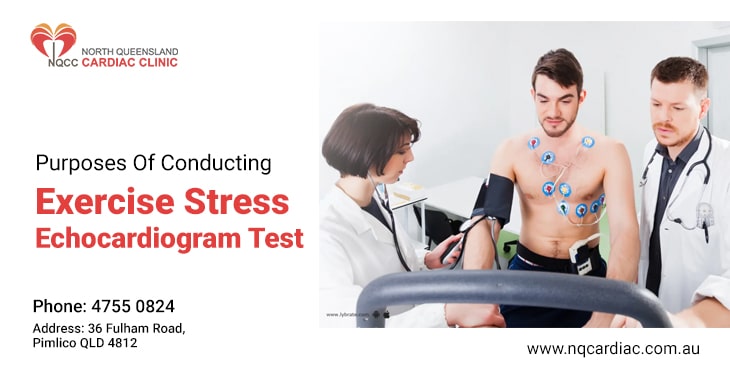
Recent Comments